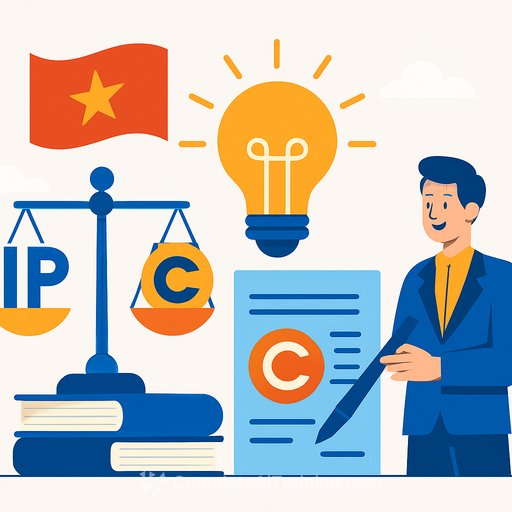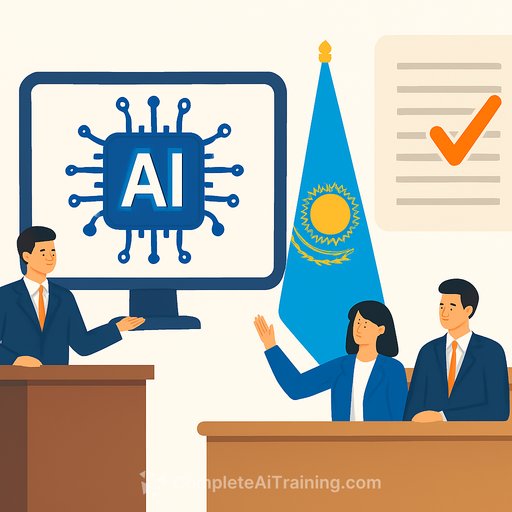Vietnam's Intellectual Property Law Undergoes Fourth Amendment
Vietnam is updating its Law on Intellectual Property for the fourth time, with a draft amendment currently open for public consultation until September 21. The Ministry of Science and Technology has spearheaded this revision to address new challenges arising from technological advances such as artificial intelligence and to strengthen IP commercialization.
Key Focus Areas of the Amendment
The draft introduces changes across five main policy areas. Its primary goal is to boost the creation and commercialization of intellectual property rights to foster innovation. Additionally, it aims to simplify administrative procedures related to IP registration and enhance legal protections for IP rights within Vietnam.
This amendment reflects a strategic push for innovation-driven economic growth, consistent with the country’s broader development plan that places science, technology, and innovation at the heart of economic transformation.
Enhancing IP Commercialization
A significant portion of the amendment centers on IP commercialization. Notably, Article 8a requires enterprises to record intellectual property rights in their accounting books. This measure will provide a transparent foundation for banks, investors, and tax authorities to facilitate IP-related transactions.
Enterprises can adjust the fair value of their registered IP rights at the end of each financial reporting period. To support this process, a national database of prices for legally traded IP rights will be established jointly by the Ministry of Science and Technology and the Ministry of Finance. Furthermore, detailed guidance on valuation methods will be provided to ensure consistency and accuracy.
New Financial Policies Linked to IP Rights
- The government plans to pilot financial policies that leverage IP rights, including IP-backed loans, capital raising based on IP, and IP-related insurance products.
- Expenses incurred by enterprises to create and establish IP rights will be eligible for maximum tax deductions according to the Corporate Income Tax Law.
- Articles 46a and 150a allow copyrights (including property rights) and industrial property rights (excluding geographical indications) to be used as collateral for bank loans.
Mortgage contracts must be in writing, registered with the competent authority, and specify the protection status and ownership of the IP rights. For industrial property rights related to inventions, industrial designs, and trademarks, the mortgagor is responsible for maintaining and renewing these rights.
If the mortgagor defaults on debt repayment, the mortgagee gains the right to exploit, transfer, or auction the mortgaged IP rights, ensuring a clear process for enforcing secured interests.
Implications for Legal Professionals
These amendments present important considerations for legal practitioners advising clients in Vietnam’s IP and financial sectors. The integration of IP rights into accounting and financial frameworks means lawyers must be prepared to handle valuation, collateralization, and enforcement issues with greater precision.
Legal professionals should monitor the final version of the amendment and related implementing guidelines to assist clients in navigating new procedures and capitalizing on financial opportunities linked to intellectual property.
For those interested in expanding legal expertise related to artificial intelligence and technology law, exploring relevant training can be beneficial. Resources such as Complete AI Training's courses for legal professionals provide practical insights into emerging tech impacts on law.
Your membership also unlocks:





